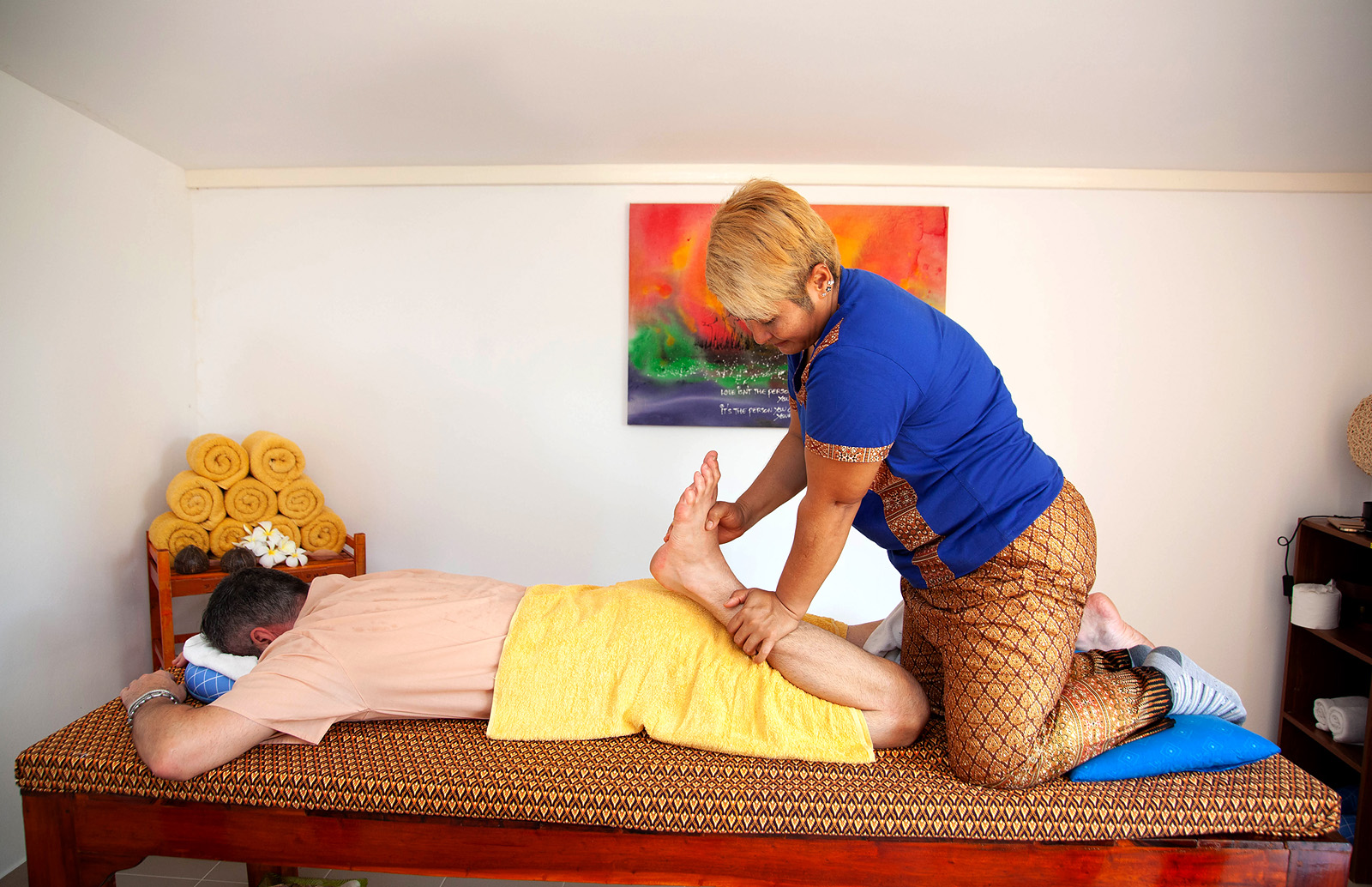
Withdrawal from psychiatric drugs
Withdrawal from
Psychiatric Drugs
“Turning the impossible into possible”

Safe and Effective Withdrawal from Psychiatric Drugs in Thailand
Why Thailand Has Become a Leading Destination for Effective Withdrawal from Psychiatric Drugs in Thailand
Understanding Psychiatric Drug Withdrawal
Withdrawing from psychiatric drugs, such as antidepressants, antipsychotics, and mood stabilizers, is a complex process that requires careful planning, support, and professional guidance. In Thailand, there are specialized programs and centers that focus on helping individuals safely taper off these medications while addressing the underlying mental health issues. This article explores the benefits of undergoing psychiatric drug withdrawal in Thailand, the methods used, and how to achieve long-term mental health recovery.

Why Choose Thailand for Psychiatric Drug Withdrawal?
Thailand has become a popular destination for individuals seeking mental health treatments, including psychiatric drug withdrawal. The country offers a unique combination of advanced medical care, holistic therapies, and serene environments that promote healing. The availability of specialized mental health rehab centers, along with the expertise of healthcare professionals, makes Thailand an ideal place for those looking to safely withdraw from psychiatric medications.
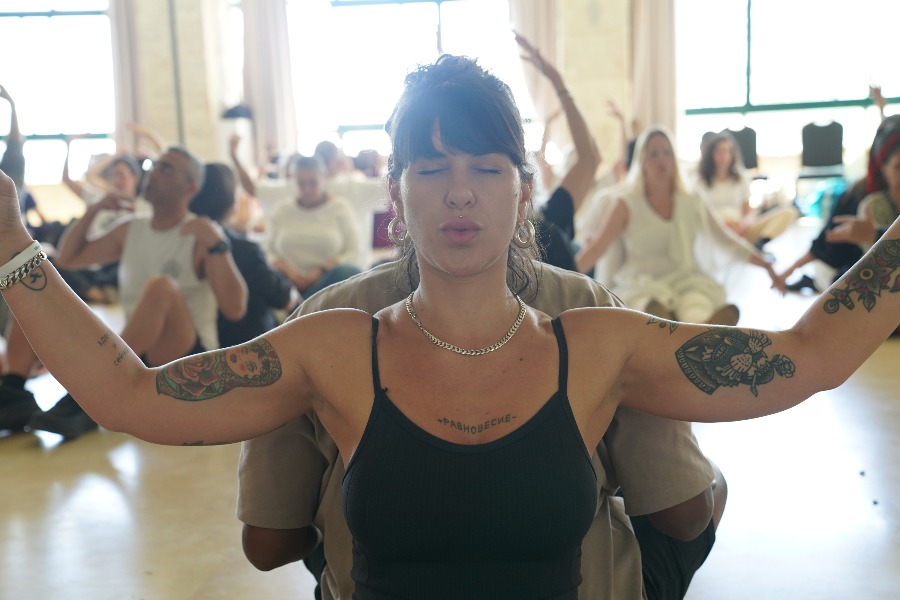

The Importance of Safe Psychiatric Drug Tapering
One of the most crucial aspects of withdrawing from psychiatric drugs is ensuring the process is done safely. Abrupt discontinuation of these medications can lead to severe withdrawal symptoms, including anxiety, depression, insomnia, and even physical health issues. In Thailand, experienced healthcare providers develop personalized tapering plans that gradually reduce the dosage of psychiatric medications. This method minimizes withdrawal symptoms and supports the individual’s overall well-being throughout the process.
Holistic Approaches to Psychiatric Drug Withdrawal in Thailand
Thailand’s mental health centers often incorporate holistic approaches to support psychiatric drug withdrawal. These approaches include a combination of traditional therapies, such as meditation, yoga, and mindfulness, along with modern medical practices. The holistic approach not only addresses the physical aspects of withdrawal but also helps individuals manage stress, anxiety, and other emotional challenges that may arise during the process.

The Role of Nutrition and Detoxification
Nutrition plays a vital role in the withdrawal process. Many mental health rehab centers in Thailand offer specialized nutritional plans that support the body’s detoxification from psychiatric drugs. A well-balanced diet rich in vitamins, minerals, and antioxidants helps restore the body’s natural balance and strengthens the immune system. This nutritional support is essential for mitigating withdrawal symptoms and promoting long-term recovery.
Personalized Psychiatric Drug Withdrawal Programs
In Thailand, mental health centers provide personalized withdrawal programs tailored to each individual’s needs. These programs consider factors such as the type of medication, duration of use, dosage, and the individual’s mental and physical health. By customizing the treatment plan, healthcare professionals can ensure a safer and more effective withdrawal process.
Antidepressant Withdrawal in Thailand
Withdrawing from antidepressants, such as SSRIs and SNRIs, can be particularly challenging due to the potential for severe withdrawal symptoms, often referred to as antidepressant discontinuation syndrome. In Thailand, specialized programs are designed to address these challenges by providing gradual tapering schedules, psychological support, and complementary therapies that ease the transition off these medications.
Antipsychotic Drug Withdrawal
Antipsychotic medications are another category of psychiatric drugs that require careful management during withdrawal. These medications are often prescribed for conditions such as schizophrenia and bipolar disorder, making their withdrawal process particularly delicate. Thailand’s mental health centers employ experienced professionals who use evidence-based strategies to reduce reliance on antipsychotics while managing potential withdrawal effects.
Mental Health Recovery Beyond Withdrawal
Withdrawal from psychiatric drugs is just one step in the journey toward mental health recovery. In Thailand, mental health centers emphasize the importance of ongoing support and therapy to maintain stability and prevent relapse. This may include cognitive-behavioral therapy (CBT), group therapy, and other forms of counseling that help individuals build coping strategies and develop a positive outlook on life.
If you would like to know more about taotherapy Trauma and Addiction Treatment Center in Thailnd, feel free to drop us a quick message here. Coming to Taotherapy is more than just recovery. You will find support here for life. Even after completing treatment, we offer support groups for continuing support on your journey.
Welcome to the journey
The Role of Support Groups in the Withdrawal Process
Support groups play a crucial role in the recovery process. In Thailand, many mental health centers offer group therapy sessions where individuals can share their experiences and receive encouragement from others who are going through similar challenges. These groups provide a sense of community, reduce feelings of isolation, and enhance motivation to stay on the path to recovery.
Long-Term Benefits of Holistic Mental Health Recovery in Thailand
Choosing Thailand for psychiatric drug withdrawal offers long-term benefits that extend beyond the immediate process. The combination of holistic therapies, professional medical care, and a peaceful environment creates a foundation for lasting mental health. Individuals who undergo treatment in Thailand often report improved emotional resilience, better stress management, and a stronger connection to their inner selves.
Conclusion: Start Your Journey to Recovery in Thailand
Withdrawing from psychiatric drugs is a significant step toward regaining control over your mental health. Thailand offers a unique environment where you can safely and effectively navigate this process with the support of experienced professionals and holistic therapies. If you’re ready to take the first step toward mental health recovery, consider the comprehensive and personalized programs available in Thailand. With the right support, you can achieve a healthier, more balanced life.
Modern Psychiatry Has Turned Normal Human Experiences into Mental Disorders Requiring Medication
Modern Psychiatry
Modern psychiatry has increasingly transformed normal human experiences, even painful ones, into mental disorders that require pharmaceutical treatment. At the heart of this phenomenon lies the Diagnostic and Statistical Manual of Mental Disorders (DSM), which has expanded at a staggering pace in recent decades. The publication of DSM-III in 1980 marked a turning point, with the inclusion of 80 new disorders and a lowering of the threshold for diagnosing mental illness.
Dr. James Davies interviewed the leaders of the DSM committee and conducted archival research on the process of creating the controversial edition. What he discovered was troubling: most diagnoses were not based on biological findings or solid scientific research but rather on consensus and votes by a small group of psychiatrists. The definitions of disorders, symptoms, and diagnostic thresholds were determined through negotiation rather than empirically.
The dynamics in the committee meetings were influenced by the most dominant personalities, not necessarily by medical considerations. Decisions were sometimes made arbitrarily, as in the case of the debate over including “Self-Defeating Personality Disorder” despite strong opposition arguing that it could pathologize women who were victims of violence. The consequences of DSM-III were far-reaching, as it became a standard that fundamentally changed psychiatric research and practice worldwide.
Even the chairman of DSM-IV, Professor Allen Frances, later admitted that the inclusion of certain disorders like Bipolar II or Asperger’s syndrome led to “false epidemics” and mass over-diagnosis. However, he claimed that at the time, it was important to stabilize the system and avoid further arbitrary changes.
Today, there is a worrying trend of a massive increase in the number of people receiving psychiatric medications. In England, over 20% of the adult population received such a prescription in the past year, nearly double the rate from 15 years ago. Additionally, the average duration of antidepressant use has doubled over the past decade. These trends are concerning given the risks and side effects associated with long-term medication use. It appears that excessive medicalization processes, which encouraged the expansion of mental illness definitions, also served the economic interests of psychiatric pharmaceutical companies.
These findings challenge the conventional perception of mental disorders as distinct biological pathological states. It turns out that most psychiatric diagnoses are not objective scientific facts but reflect the socio-cultural constructs of a particular group of professionals at a given time. It is time for a rethinking and public discussion of these issues, striving for a more humane and complex approach to understanding human mental distress.
The Epidemic of Overdiagnosis: How Psychiatry Turns Normal Emotional Struggles into Mental Illnesses
**The Rapid Expansion of the Psychiatric Diagnostic Manual**
In recent decades, modern psychiatry has increasingly tended to classify a wide range of normal human experiences, even those that are sometimes painful and complex, as pathological conditions requiring pharmaceutical intervention. At the heart of this troubling trend is the famous Diagnostic and Statistical Manual of Mental Disorders (DSM), which has undergone a staggering expansion at a faster rate than any other medical guide. The publication of DSM-III in 1980 marked a dramatic turning point, with the inclusion of 80 new mental disorders and a significant lowering of the threshold for defining certain behaviors or feelings as disorders requiring treatment. This marked a fundamental shift that has impacted not only psychiatry but culture as a whole.
Behind the Scenes of the DSM Committee
In his book *Cracked*, sociologist and psychotherapist Dr. James Davies investigated the circumstances and processes that led to this fateful edition of the DSM. He interviewed the members of the “Task Force” that compiled the manual, led by psychiatrist Robert Spitzer, and delved into the archives of the American Psychiatric Association. The findings were, to say the least, disturbing. It became clear that the vast majority of the new diagnoses were not based on biological discoveries or solid scientific research, but rather on agreements and committee votes made by a small group of psychiatrists. The definitions of disorders, criteria, and diagnostic thresholds were determined more through heated discussions and negotiations than through empirical and reliable methods.
Problematic Decision-Making Dynamics
Participant testimonies from the discussions described a less-than-professional atmosphere, where the influence of dominant personalities often overshadowed substantive arguments. Dr. Spitzer himself was known for making decisions quickly, sometimes without a solid foundation. In one instance, he even drafted the criteria for two new disorders on the spot during a few minutes of conversation with a handful of psychiatrists. Additionally, there were cases where decisions to include or exclude diagnoses were made based on entirely arbitrary considerations. A representative example is the debate over “Self-Defeating Personality Disorder” (SDPD). Despite the convincing arguments of Dr. Paula Caplan, who warned that this diagnosis could stigmatize and blame women who had experienced violence, the committee members chose to stick to their position and include it in the manual without addressing the concerns raised.
The Revolutionary and Controversial Impact of DSM-III
When DSM-III was published, it quickly became a global sensation. It sold in massive quantities, not only to psychiatrists but also to a wide range of therapeutic and other professionals. Beyond that, the manual began to reshape the discourse on mental health worldwide. The DSM’s diagnostic concepts became widely accepted, largely dictating the research, treatment, and experience of mental distress. However, despite this massive impact, the general public, and even most users of the manual, were largely unaware that the majority of the diagnoses were not based on solid science but rather on the opinions and decisions of a small group of psychiatrists. As Dr. Spitzer candidly stated in an interview with Davies, “It was a revolution. We took over because we had the power.”
Dr. Allen Frances, who succeeded Spitzer as the chair of the DSM-IV committee, later acknowledged the problematic nature of some of the decisions that were made. He admitted that new diagnoses added, such as “Bipolar II Disorder” or “Asperger’s Disorder,” led to “false epidemics” of mass over-diagnosis. Nevertheless, Frances still believed that, at that point in time, it was important to “stabilize the system” and avoid further changes that could also have been arbitrary. He also did not address the serious issues that had already been entrenched in previous editions and which he allowed to persist.
The Current Epidemic of Overdiagnosis and Overmedication
The trends of expanding psychopathology and redefining human behavior are now reflected in alarming data on the excessive use of psychiatric medications. In England, over 20% of the adult population received a prescription for such medication in the past year, a rate that is nearly double what it was about 15 years ago. Additionally, in the last decade, the average duration for which people take antidepressants has doubled to two years. These figures should raise serious concerns given the side effects and health risks associated with long-term use of psychiatric drugs. These are the destructive outcomes of unchecked medicalization processes, driven by entities like the DSM committees, which have increasingly labeled various behaviors and experiences as pathological and in need of “treatment.”
Challenging Traditional Perceptions of Mental Disorders
The disturbing findings presented here fundamentally challenge the prevailing perceptions of the nature of mental disorders. Contrary to popular belief, it turns out that the vast majority of these disorders are not pathological conditions with distinct and proven biological bases. In fact, most psychiatric diagnoses are not objective scientific facts but rather reflect, to a large extent, the social and cultural constructions of a very specific group of professionals at a particular point in time. These diagnoses are influenced more by the perceptions, values, and interests of psychiatrists than by insights derived from rigorous and solid scientific discoveries. Perhaps it is time to question the underlying assumptions of modern psychiatry and dare to rethink the entire field.
Toward a More Humane and Complex Approach to Mental Distress
In light of all the above, it is clear that a radical rethinking is needed in how we understand and respond to human mental distress. There is a need for an approach that is less focused on defined diagnoses and medications and more on embracing the complexity of human experience and its social and cultural contexts. We must demand and engage in a meaningful public discussion on the fundamental issues raised, involving a diverse range of voices, especially those who have experienced or are experiencing mental distress. The goal should be to build a more humane, less pathologizing, and more open approach that recognizes that human beings are not simply a collection of symptoms to be fixed, but complex creatures who face challenges and need compassionate and understanding support. Only in this way can we promote a healthier and more supportive society concerning mental health.
Practical Tips from the Article
1. Be aware that not all emotional distress necessarily indicates a psychiatric disorder requiring medication.
2. Do not accept psychiatric diagnoses as absolute scientific facts, as many of them are based on consensus rather than biological evidence.
3. Carefully weigh the benefits against the risks before taking psychiatric medications, especially for long-term use.
4. Demand complete information about the scientific evidence (or lack thereof) supporting your psychiatric diagnosis.
5. Don’t hesitate to ask for non-pharmaceutical treatment alternatives, such as psychological therapy or social interventions.
6. Be an informed consumer and do not let pharmaceutical company marketing unduly influence your treatment decisions.
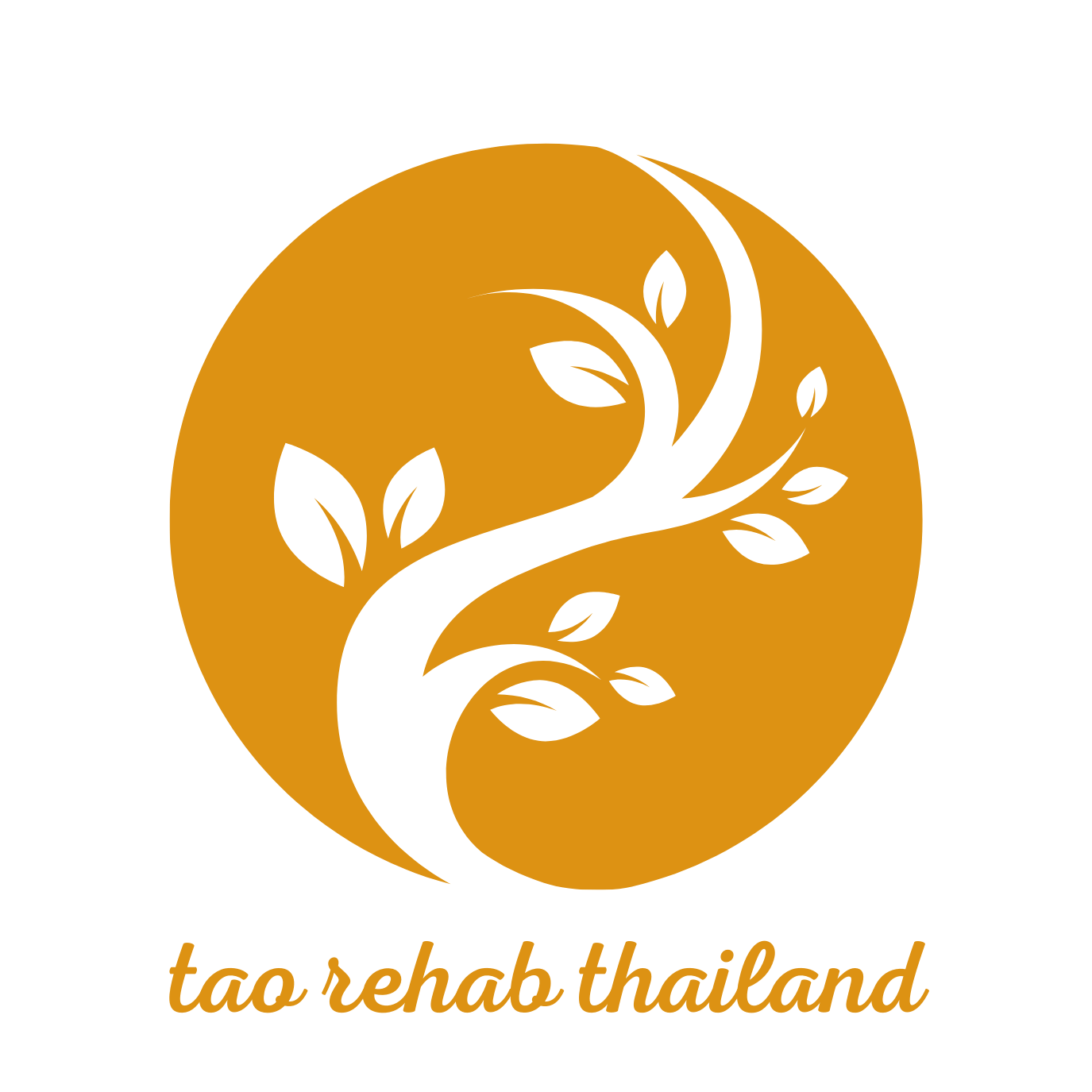
haven for those
seeking recovery
Nestled in the serene surroundings of Pranburi, Dao-Therapy Rehab offers a tranquil haven for those seeking recovery. Pranburi, with its stunning coastal views and peaceful atmosphere, is an ideal location for deep healing and transformation. Our center is designed to blend seamlessly with the natural beauty of the area, creating a serene environment where clients can focus on their recovery. At DaoTherapy Rehab, we combine the best of holistic therapies with the proven success of the 12 Steps program. Our team includes some of the most skilled therapists and practitioners, all dedicated to guiding our clients through their journey of healing. Surrounded by the calm of nature, clients benefit from a uniquely tailored program that addresses the physical, emotional, and spiritual aspects of recovery. Pranburi is not just a place to heal; it’s a place to renew, restore, and reclaim your life.







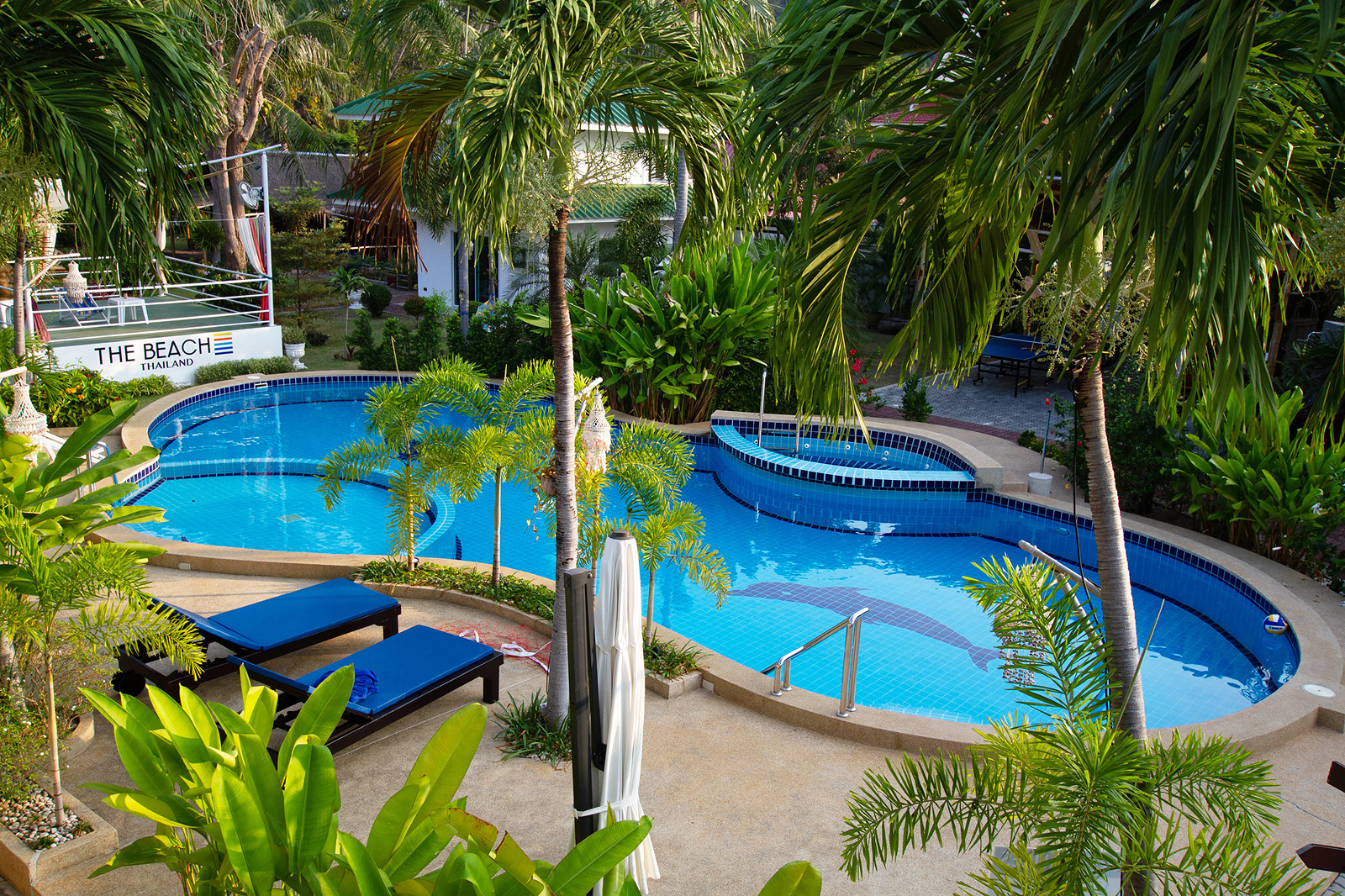



Comprehensive Treatment Programs
The rehab program and agenda are based on 33 years of experience by Dr. Mizrahi Avraham to provide a solid foundation and emphasis for a continuous recovery process
Individual Therapy Sessions
Kundalini Yoga for Trauma Recovery
Group Therapy Programs
Mindfulness and Meditation Practices
Individual Therapy Sessions:
Customized Physical Fitness
outdoor pool in tao rehab
12 steps program
The Special Meals at Dao Rehab
The healthy Thai cuisine at Dao Rehab is based on fresh and nutritious ingredients, aiding in the body’s recovery and supporting the rehabilitation process. The meals are tailored to the nutritional needs of the patients, providing essential energy and balance for recovery.
We guarantee freedom from addiction
from start to finish
Our expert team is dedicated to guiding you toward lasting wellness and peace. Experience holistic healing at Tao Rehab, where mind, body, and spirit come together.
- 30+ Years of Experience
- Experience holistic healing
- life-changing recovery journey
- personalized and compassionate care
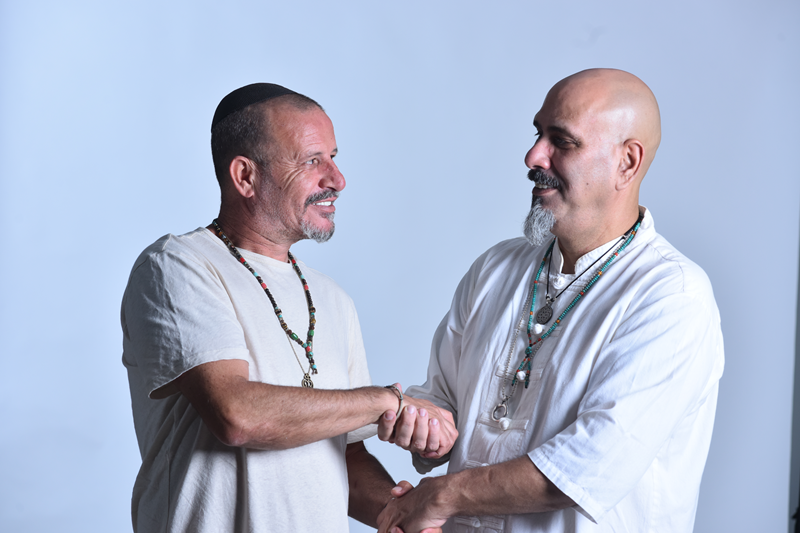
You ask, we answer
Here is a list of frequently asked questions that people might ask when they are interested in rehabilitation in general, as well as questions specifically related to the “Tao Rehab” center in Thailand:
At Tao Rehab, the rehabilitation process is holistic and tailored to each individual. We focus on treating not only the physical aspects of addiction but also the mental, emotional, and spiritual well-being. Our process includes comprehensive assessments, personalized treatment plans, and ongoing support, ensuring that each patient receives the most effective care for long-term recovery.
Tao Rehab stands out from other rehabilitation centers by offering a unique blend of traditional therapeutic approaches combined with holistic practices like meditation, yoga, and mindfulness. This integrative approach not only addresses the symptoms of addiction but also helps in healing the root causes, providing a more balanced and sustainable recovery.
Choosing Tao Rehab means choosing a center with a proven track record of success and a compassionate, experienced team. We are fully certified and adhere to the highest standards of care, ensuring that our patients receive the best possible treatment in a safe, serene environment that fosters healing and growth.
If you or a loved one is struggling with addiction and its effects on physical, mental, or emotional health, Tao Rehab offers a supportive and effective solution. We provide a safe space for individuals to confront their challenges and begin their journey toward recovery with the guidance of expert professionals.
Our treatment program at Tao Rehab includes a comprehensive range of services: medical detoxification, individual and group therapy, holistic treatments like acupuncture and massage, as well as life skills training and aftercare planning. This integrated approach ensures that patients are not only detoxed but also equipped with the tools they need to maintain sobriety.
Tao Rehab boasts a high success rate, thanks to our personalized treatment plans and continuous support even after patients leave the center. We emphasize long-term recovery, offering aftercare programs and ongoing counseling to help individuals stay on track. Many of our patients achieve lasting sobriety and lead fulfilling lives after their time with us.
While some may attempt to quit independently, the risks are significant, and the chances of relapse are high. Tao Rehab provides the structured environment, medical supervision, and psychological support necessary to make recovery more manageable and successful. Our team is here to guide you through every step, reducing the risks and increasing your chances of long-term success.
Tao Rehab is beautifully located in a serene and secluded area of pranburi Thailand, providing the perfect environment for recovery. The peaceful surroundings and natural beauty contribute to the healing process, allowing patients to focus fully on their recovery journey, away from the distractions and triggers of everyday life.
Tao Rehab offers comfortable and luxurious accommodations designed to support your recovery journey. Patients can choose between private rooms and shared spaces, all equipped with modern amenities. The environment is designed to be both therapeutic and comfortable, ensuring that patients feel at home while they focus on their healing.
Our treatment approach is comprehensive and holistic, combining evidence-based therapies with alternative practices like mindfulness and yoga. We believe in treating the whole person, not just the addiction, which is why our programs are designed to promote overall well-being and personal growth. This unique blend of therapies sets Tao Rehab apart from other centers.
The treatment program at Tao Rehab is all-inclusive, covering everything from medical detox to psychological therapy and aftercare planning. We offer individual therapy, group sessions, family counseling, and holistic treatments that address the body, mind, and spirit. Our goal is to provide a comprehensive path to recovery that addresses all aspects of addiction.
Our treatment team at Tao Rehab is made up of highly qualified professionals with extensive experience in addiction treatment and holistic therapies. They are compassionate, dedicated, and committed to helping each patient achieve lasting recovery. With a multidisciplinary approach, our team works together to provide personalized care that addresses every aspect of your well-being.
At Tao Rehab, we understand that recovery doesn’t end when you leave the center. That’s why we offer robust aftercare programs, including ongoing counseling, support groups, and regular check-ins. We also help connect patients with local resources and communities to ensure they have the support they need to maintain their sobriety long after their stay with us.
are you ready to wake up? Contact us today
“A person who suppresses his selfish desires and does what he must do, integrates in harmony on both axes: on the vertical axis – with life in its entirety and on the horizontal axis with every other individual being.”











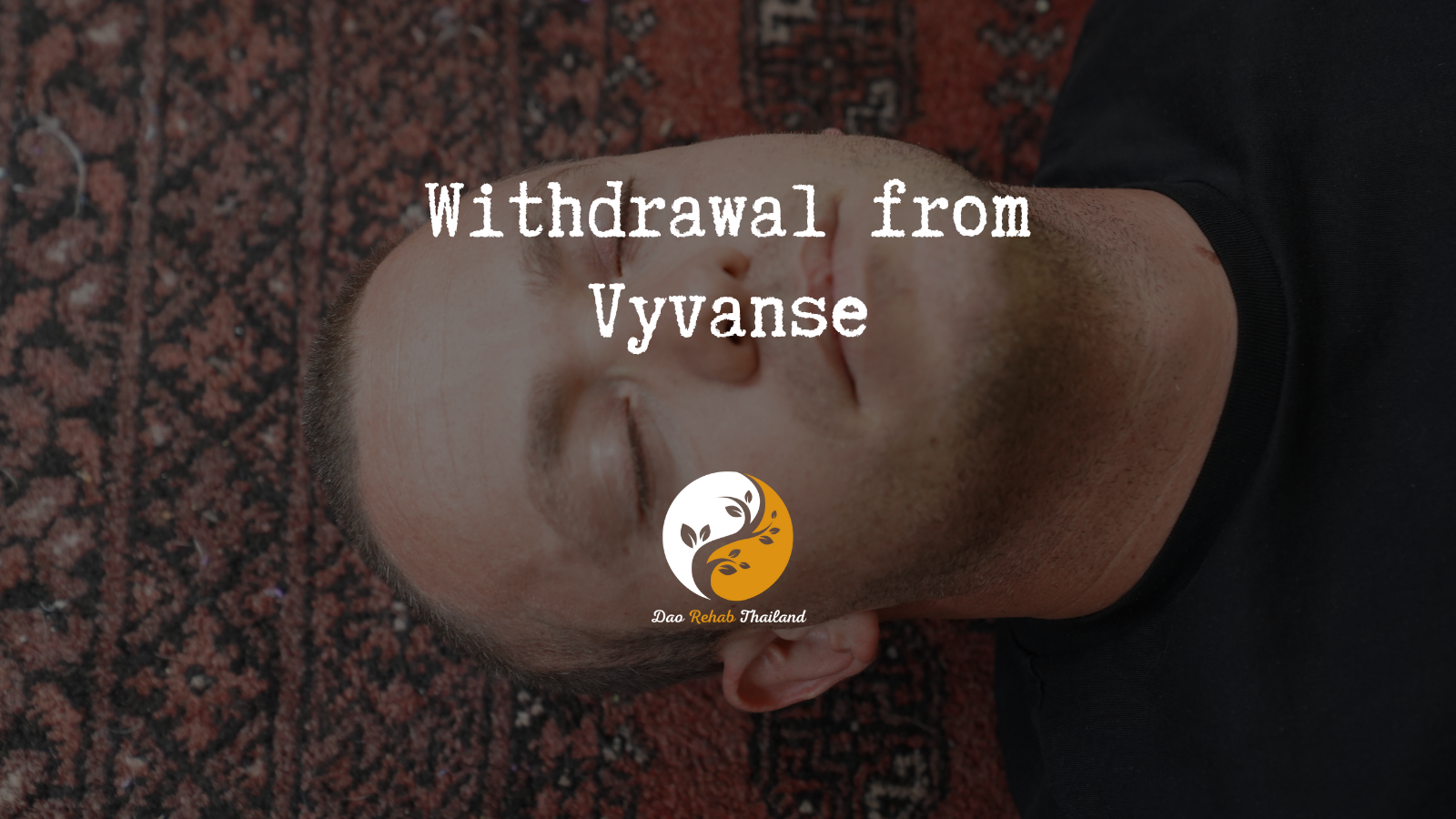
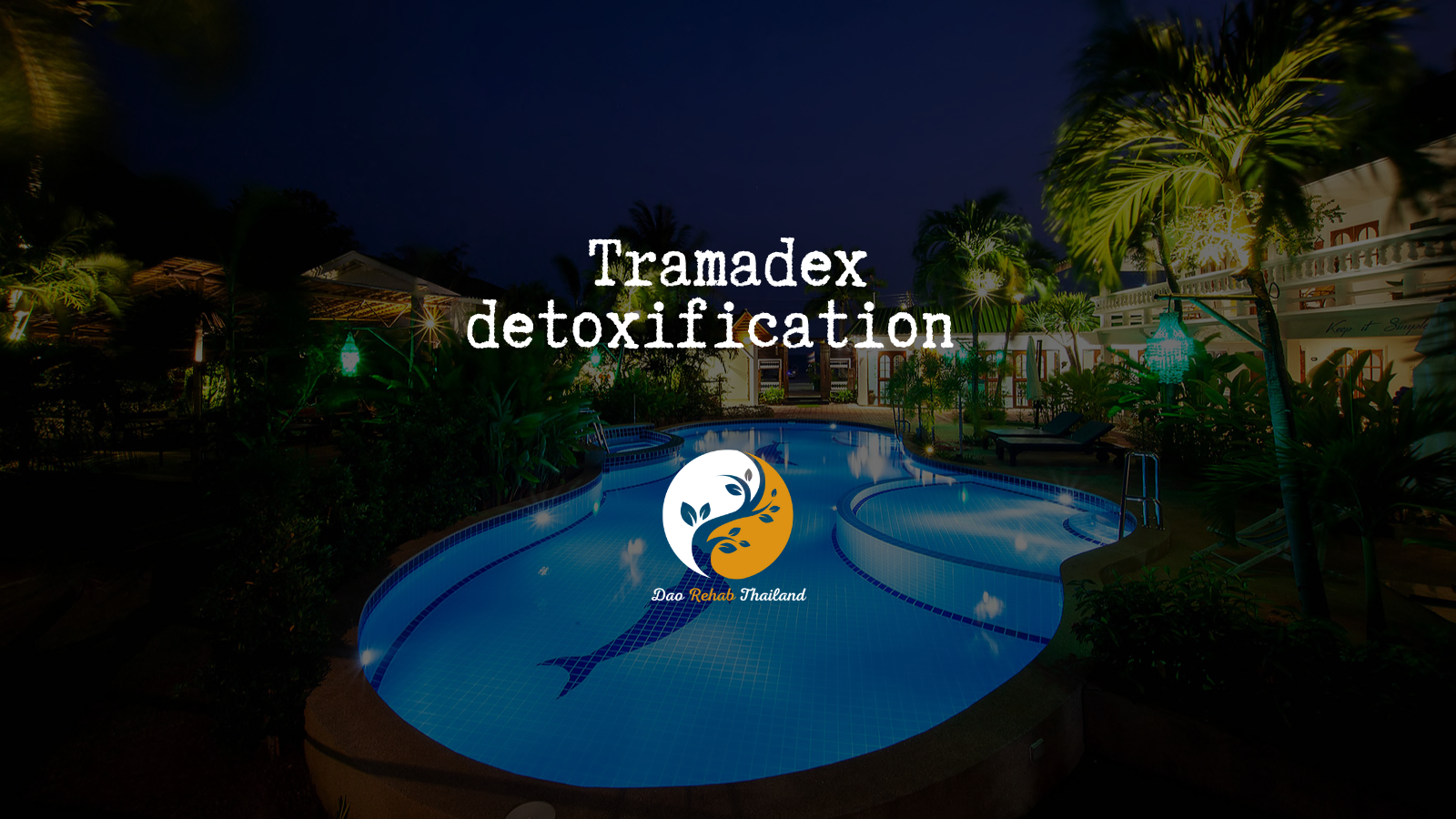
Leave a Reply
You must be logged in to post a comment.